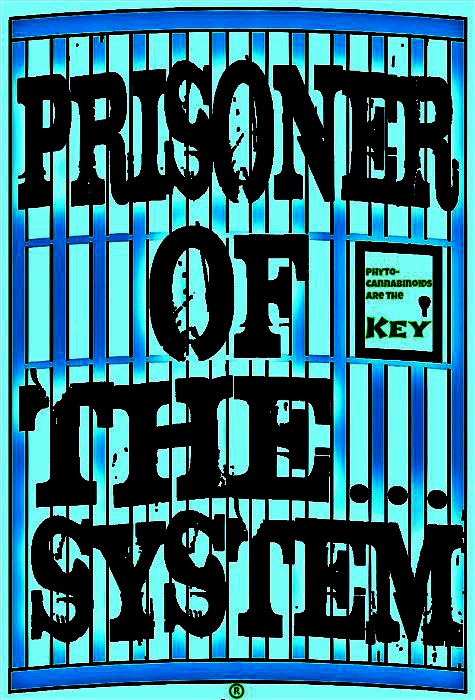Long-term treatment with methanandamide attenuates LPS-induced periodontitis in rats.
Abstract
OBJECTIVE:
 Evidence exists of the anti-inflammatory and immunological properties of endocannabinoids in various tissues; the aim of the present study was therefore to assess the effect of long-term treatment with the synthetic cannabinoid methanandamide (Meth-AEA) on the progression of periodontitis in rats.
Evidence exists of the anti-inflammatory and immunological properties of endocannabinoids in various tissues; the aim of the present study was therefore to assess the effect of long-term treatment with the synthetic cannabinoid methanandamide (Meth-AEA) on the progression of periodontitis in rats.
MATERIALS AND METHODS:
Periodontitis was induced by injecting LPS (1 mg/ml) into the gingiva around the neck of the first upper and lower molars, and into the inter-dental space between the first and second molars. This protocol was repeated for 6 weeks on days 1, 3, and 5 of each week.
RESULTS:
Long-term treatment with topical Meth-AEA (500 ng/ml), applied daily to gingival tissue of rats induced with periodontitis, significantly diminished the alveolar bone loss, measured as the distance between the cemento-enamel junction and the alveolar crest, in both maxillary and mandibular first molars, compared to rats without treatment (P < 0.05). The treatment also reduced the production of some biological mediators of periodontal disease augmented by LPS, such as tumor necrosis factor alpha (from 119.4 ± 9.9 pg/mg protein to 75.1 ± 10.8, P < 0.05) and nitric oxide produced by inducible nitric oxide synthase (from 507.7 ± 107.1 pmol/min/mg protein to 163.1 ± 53.9, P < 0.01).
CONCLUSION:
These results demonstrate the beneficial effects of treatment with Meth-AEA on gingival tissue of rats with periodontitis.
- PMID:
- 22581275
- [PubMed – indexed for MEDLINE]
-
Publication Types, MeSH Terms, Substances
Publication Types
MeSH Terms
- Alveolar Bone Loss/metabolism
- Alveolar Bone Loss/pathology
- Alveolar Bone Loss/prevention & control*
- Animals
- Anti-Inflammatory Agents/pharmacology
- Anti-Inflammatory Agents/therapeutic use*
- Arachidonic Acids/pharmacology
- Arachidonic Acids/therapeutic use*
- Dinoprostone/metabolism
- Disease Models, Animal
- In Vitro Techniques
- Lipopolysaccharides
- Male
- Nitric Oxide Synthase Type II/metabolism
- Periodontitis/chemically induced
- Periodontitis/drug therapy*
- Periodontitis/metabolism
- Periodontitis/pathology
- Rats
- Rats, Wistar
- Receptor, Cannabinoid, CB1/agonists
- Tumor Necrosis Factor-alpha/metabolism
Substances



